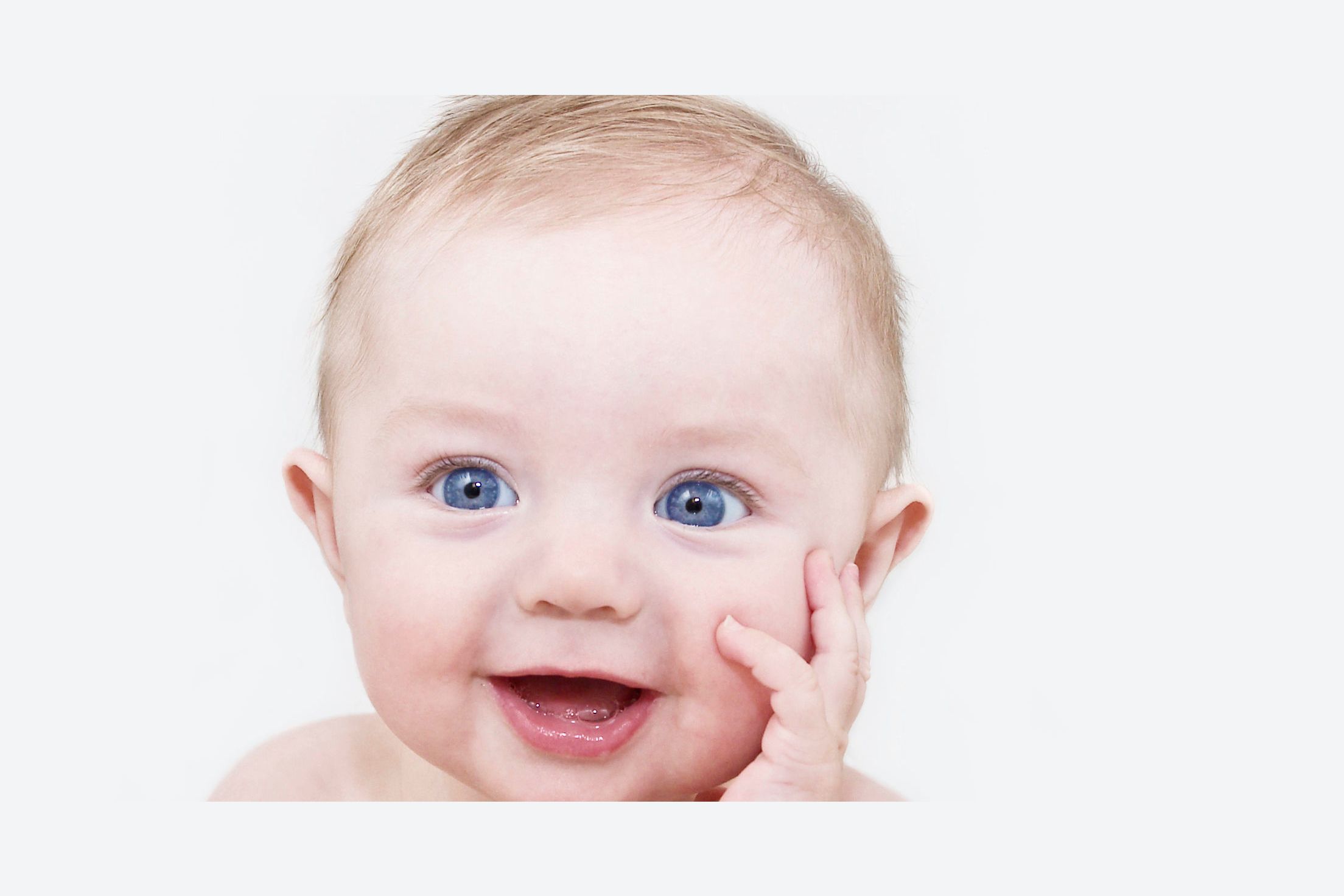Ever wondered how many kids people really have in today's world? Parenthood is a fascinating journey, filled with joy, challenges, and a whole lot of unexpected surprises. Whether you're planning to start a family, curious about global trends, or just want to know the stats, this article has got you covered. From cultural differences to modern-day preferences, we're diving deep into the world of family dynamics and uncovering some interesting facts along the way.
Let's face it, having kids is a big deal. It's not just about adding another member to your household; it's about shaping the future. So, if you're asking yourself, "How many kids have people these days?"—you're in the right place. This isn't just a random question; it's a conversation starter that touches on everything from economics to societal norms.
In this article, we’ll explore the ins and outs of family sizes, look at some surprising statistics, and even dig into what experts are saying about modern parenthood. By the end, you'll have a clearer picture of how many kids people are having—and why it matters.
Read also:Duncan Tellef Butler Iii The Dallas Trailblazer You Need To Know
Understanding the Global Perspective on Parenthood
Before we jump into the numbers, let's take a moment to appreciate how diverse the concept of family is around the world. In some cultures, having a large family is seen as a blessing, while in others, smaller families are the norm. This diversity shapes the way people answer the question, "How many kids have you had?"
For instance, in countries like Nigeria and India, larger families are still common due to cultural traditions and economic factors. On the flip side, in places like Japan and Germany, smaller families are more prevalent because of urban lifestyles and career priorities. These differences highlight the complexity of answering the "how many kids have" question globally.
What Are the Current Trends in Family Sizes?
If you're thinking about starting a family or just curious about what's happening out there, here are some key trends:
- Declining Birth Rates: Many developed countries are seeing a decrease in birth rates. For example, the U.S. fertility rate has been on a steady decline since the 1970s.
- Delayed Parenthood: People are waiting longer to have kids, often prioritizing education and career goals first.
- Focus on Quality Over Quantity: Modern parents are more likely to invest in fewer children, ensuring they can provide the best possible upbringing.
These trends suggest that the answer to "how many kids have people today" is evolving, reflecting broader changes in society.
How Many Kids Have Families Around the World?
Now, let's get into the numbers. According to the United Nations, the global average fertility rate is about 2.4 children per woman. However, this number varies significantly depending on where you look. For example:
- African countries tend to have higher fertility rates, with some averaging over 5 children per woman.
- In Europe, the fertility rate is much lower, often hovering around 1.5 to 2 children per woman.
- Asian countries show a mix of trends, with some like China experiencing historically low fertility rates due to past policies.
These variations remind us that the answer to "how many kids have" isn't one-size-fits-all. It depends on a host of factors, including geography, culture, and personal choice.
Read also:Valerie C Robinson Today The Inspiring Journey Of A Remarkable Woman
Factors Influencing Family Size
So, what drives these differences? Here are some key factors that influence how many kids people decide to have:
- Economic Considerations: Raising children can be expensive, and many families factor this into their decision-making.
- Cultural Norms: In some societies, having more children is seen as a sign of prosperity or status.
- Access to Education: Women with higher levels of education are more likely to have fewer children.
Understanding these factors helps paint a clearer picture of why the "how many kids have" question has so many different answers.
Biological Considerations: How Many Kids Can You Have?
While societal and economic factors play a big role, biology also sets some limits on how many kids people can have. For most women, the biological window for having children is relatively short, lasting roughly from their late teens to their early 40s. Advances in reproductive technology have expanded these possibilities, but they come with their own set of considerations.
For men, the biological clock isn't as strict, but age can still impact fertility and the health of offspring. This biological reality adds another layer to the "how many kids have" discussion, reminding us that nature plays a part too.
Modern-Day Challenges in Parenthood
In today's fast-paced world, parenthood comes with its own set of challenges. Here are a few that might affect how many kids people choose to have:
- Work-Life Balance: Juggling careers and family life is no easy feat.
- Environmental Concerns: Some people are opting for smaller families due to concerns about overpopulation and climate change.
- Mental Health: The emotional toll of parenting is significant, and many parents prioritize their mental well-being when deciding on family size.
These challenges highlight the complexity of modern parenthood and the thought processes behind answering "how many kids have you had."
Statistical Insights: How Many Kids Have People in Different Demographics?
Data can be a powerful tool in understanding family dynamics. Let's take a look at some interesting statistics:
According to the Pew Research Center, in the United States:
- The average family size is around 2.5 children.
- Millennials are having fewer children compared to previous generations.
- Single-parent households are becoming increasingly common, affecting family size dynamics.
These stats show that the "how many kids have" question is being answered differently by different demographic groups.
The Role of Technology in Shaping Family Size
Technology has revolutionized many aspects of life, and family planning is no exception. From fertility apps to genetic testing, modern tools are giving people more control over how many kids they have. This technological shift is reshaping the landscape of parenthood and influencing the way people answer the "how many kids have" question.
How Many Kids Have Celebrities? A Look at High-Profile Families
Let's take a moment to peek into the world of celebrity families. While their lives may seem glamorous, their family sizes often reflect broader societal trends. For example:
- Angelina Jolie and Brad Pitt famously had six children, a mix of biological and adopted.
- Kourtney Kardashian and Scott Disick have three children, aligning with the average family size in the U.S.
- Elton John and David Furnish chose to have two children through surrogacy, showcasing the diversity of modern family-building methods.
Even in the world of fame, the "how many kids have" question reveals a lot about personal choices and societal influences.
Table: Celebrity Families and Their Sizes
| Celebrity | Number of Kids | Family Type |
|---|---|---|
| Angelina Jolie & Brad Pitt | 6 | Blended (biological and adopted) |
| Kourtney Kardashian & Scott Disick | 3 | Traditional |
| Elton John & David Furnish | 2 | Surrogacy-based |
The Psychological Impact of Family Size
Having kids isn't just about numbers; it's also about the emotional and psychological impact on both parents and children. Research shows that family size can influence everything from sibling relationships to individual development. So, when asking "how many kids have," it's important to consider these deeper implications.
Parenting Styles and Their Effects
Different family sizes often come with different parenting styles. For example:
- Smaller families might focus on individual attention and enrichment activities.
- Larger families may prioritize teamwork and shared responsibilities.
These variations in parenting style can shape the way children grow and develop, adding another layer to the "how many kids have" conversation.
Final Thoughts: How Many Kids Have You Decided On?
As we wrap up this exploration of family sizes and the "how many kids have" question, it's clear that there's no one right answer. Whether you're planning for the future or just curious about global trends, the key takeaway is that family dynamics are deeply personal and influenced by a wide range of factors.
We invite you to share your thoughts in the comments below. Are you thinking about starting a family? Or do you have insights to add to the conversation? Your voice matters, and we'd love to hear from you!
And if you found this article helpful, don't forget to share it with friends and family. After all, the more we talk about these important topics, the better equipped we are to make informed decisions about our own lives.
Table of Contents
- Understanding the Global Perspective on Parenthood
- What Are the Current Trends in Family Sizes?
- How Many Kids Have Families Around the World?
- Factors Influencing Family Size
- Biological Considerations: How Many Kids Can You Have?
- Modern-Day Challenges in Parenthood
- Statistical Insights: How Many Kids Have People in Different Demographics?
- The Role of Technology in Shaping Family Size
- How Many Kids Have Celebrities? A Look at High-Profile Families
- The Psychological Impact of Family Size



